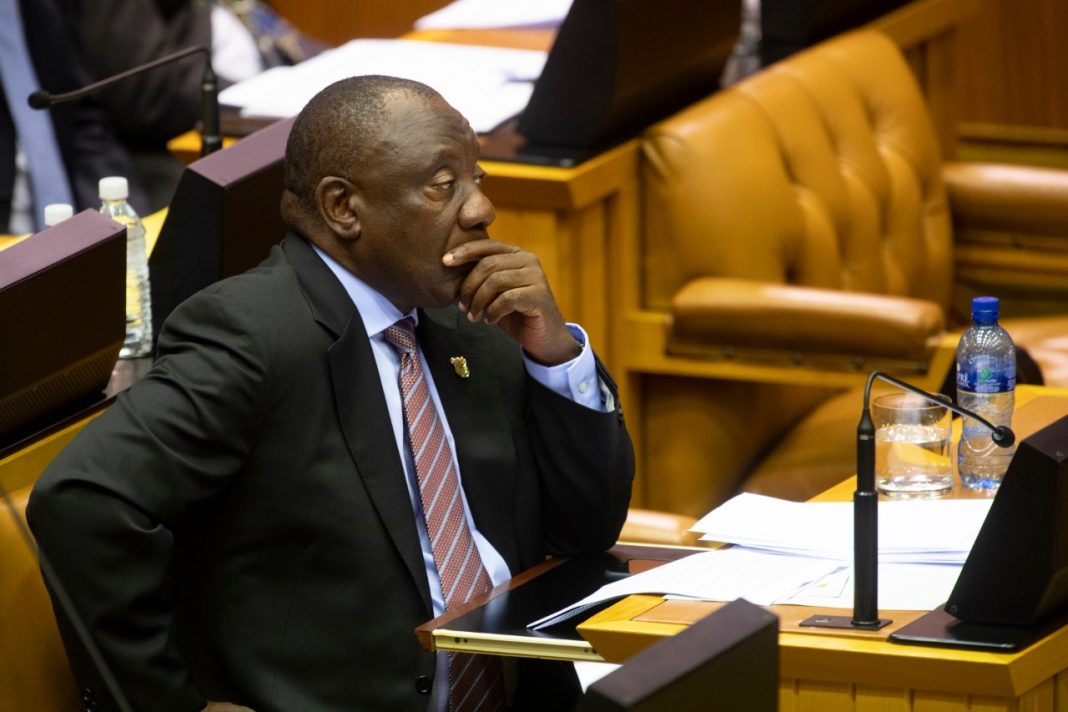THALIA HOLMES
GOVERNMENT has heard the cries of disgruntled small business owners struggling to stay afloat through the economic wreckage caused by the COVID-19 pandemic.
In the supplementary budget speech presented by Finance Minister Tito Mboweni on Wednesday, he addressed changes that will be made to the COVID-19 loan guarantee scheme.
The fund is part of a R500-billion stimulus package crafted by the government to address the needs arising from the pandemic. Launched in May, it will provide up to R200-billion in largely government-guaranteed loans to small businesses for operational expenses such as salaries, rent and lease agreements, utilities payments, and contracts with suppliers. Profits and losses are shared between government and the banks.
In its first month, the scheme lent over R10-billion, said the minister in his speech. However, at least R90-billion has yet to be disbursed, with the fund to receive a possible R100-billion extra if the market demand exists for it.
“Many more applications are being processed, and lending is expected to rise significantly,” said the minister.
In addition, the scheme is making changes to address criticisms that the qualifying criteria are too stringent considering the extreme circumstances caused by lock-down.
“These companies have been struggling for months,” said Mike Anderson, chief executive of the National Small Business Chamber. “And now they might not be SARS compliant, because they’ve missed out maybe a VAT return or missed out a portion of their PAYE or whatever. There’s very little poor intention from small business in South Africa. Every body wants to comply, but right now if you think about it, if you’re a small business and you’re in that critical stage, who are you going to pay? Your staff or your taxes?”
Anderson says that the government needs to acknowledge that these are extraordinary times and extend leniency to businesses seeking loans.
Mboweni said in his speech that the government is working on relaxing terms and conditions to support lending. “The South African Reserve Bank and the commercial banks are finalising the revised legal arrangements and will make announcements shortly,” he said.
The loan was initially only offered to businesses with a turnover of less than R300-million, but Mboweni says that rule has now been waived. “This will apply to all businesses including those with turnover of more than R300-million,” he said in his speech.
Mboweni’s announcement comes shortly after the Department of Small Business Development told the public that it would not be able to provide any more loans through its COVID-19 Debt Relief Fund because its entire R530-million budget had been depleted.
There were 1501 successful applicants, while roughly 33,00 other companies were turned away empty-handed.
The minister also says that “work is continuing to expand the scheme to non-bank lenders”, whereas it was initially only available through Absa, Mercantile Bank, First National Bank, Investec, Nedbank and Standard Bank: a concern that was raised by the Black Business Council, which met with Treasury to discuss amendments.
The change will widen access to those small businesses that do not currently bank with one of the large established banks.
The changes will help to better prop up employers in the country, something that the economy desperately needs, says Anderson. “The fundamental rule is that we’ve got to keep the job creators, creating jobs,” he says. “All the other stuff must go. The powers that can make a real difference should be taking a lot of consideration of that as opposed to anything else. Remove the bureaucracy, remove the red tape and really zero in on a quick and easy funding solution for the job creators.”
(Compiled by Inside Politics staff)



